
Explainer | Does your hair need conditioner? What it does and how to choose the best one for your hair type
- There are so many hair types, from dry and frizzy to oily to dull, but luckily there are conditioners to suit every one
- We look at deep conditioners, leave-in treatments and cleansing conditioners to understand why they are essential hair care tools
Shampoo and conditioner are the foundation of everyone’s hair care routine, but while shampoo’s role is pretty straightforward, conditioners can be tricky to figure out.
Do you really need them? How frequently do you have to use them? Which are the formulations that best suit your hair? All valid questions, of course, but before getting there, you need to understand what conditioners do, and why they’re an essential part of your routine.
What’s a hair conditioner?
In simple words, conditioners are nourishing agents developed to boost and restore hair gloss, smoothness, and most importantly, moisture levels. They’re usually formulated with nurturing ingredients like oils, humectants, silicones, and proteins that work as a team to make up for any moisture loss and broken hair fibres caused by environmental factors, daily habits, and above all, your shampoo.

Types of conditioner
You’re probably familiar with the most traditional form of conditioner, the one that comes right after shampooing, but that’s not the only type.
The dos and don’ts of hair care to live by for healthy and happy locks
There are deep conditioners, a hybrid between a post-shampoo conditioner and a hair mask, designed to stay in your hair for a longer period of time so that they can be properly absorbed by your locks.
You also have leave-in conditioners – to be used after showering with no need to rinse – which nurture and shield your hair throughout the day.
Lesser known are dry conditioners – a product that you spray over dry hair to detangle, reduce frizz, hydrate, and add shine – and cleansing conditioners, also known as co-washes, which combine the power of a shampoo and a conditioner.
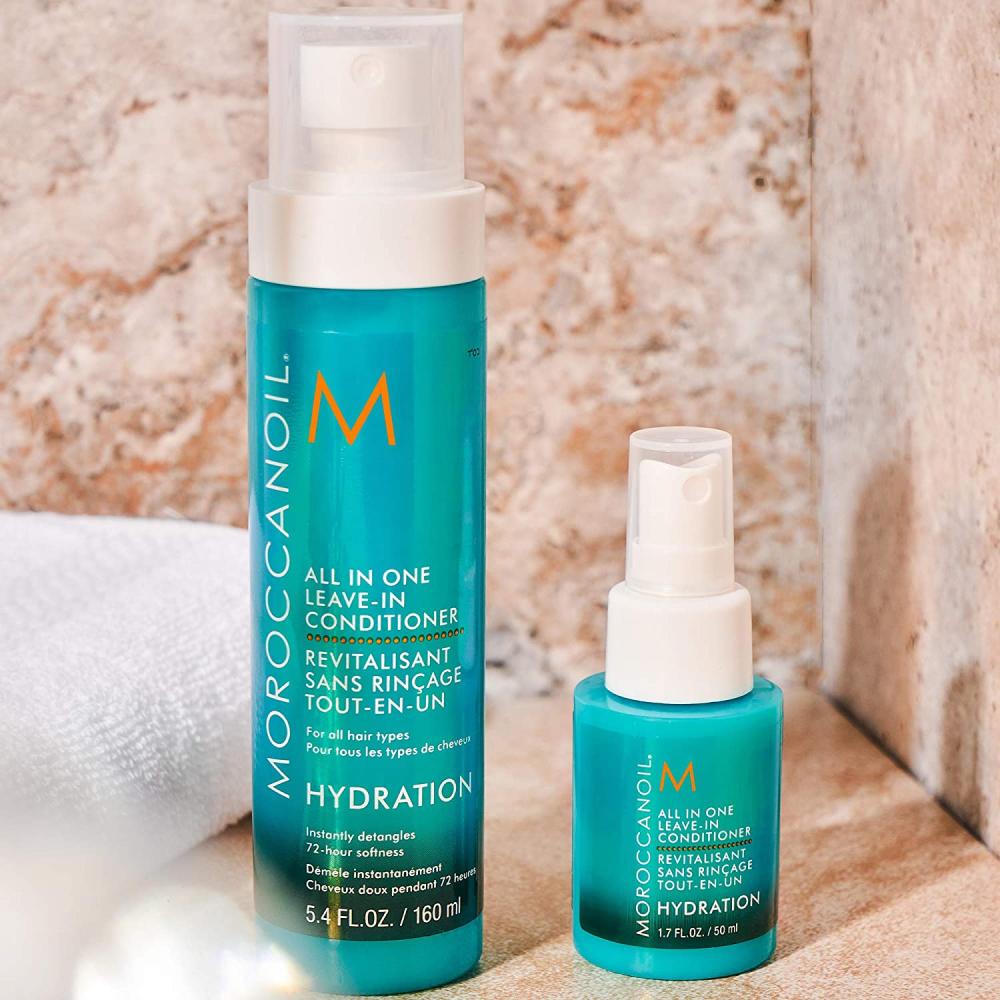
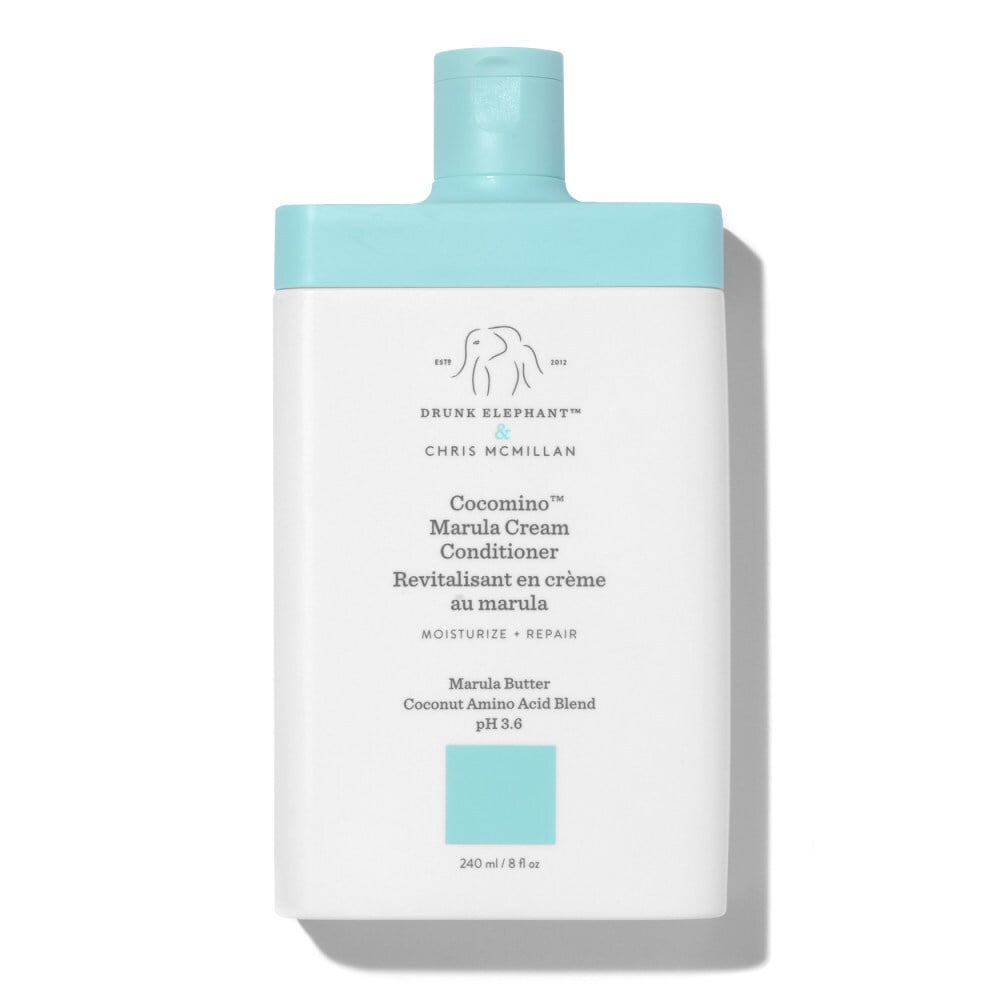
Do you really need them?
In essence, conditioners are all about hair stability. “The main benefit [of conditioners] is that hair will have a good balance, and that adds to the manageability of the hair when we are blow-drying it or letting it dry naturally,” says Moroccanoil’s global creative director Antonio Corral Calero.
On top of that, conditioners strengthen our hair cuticles – outer lining – with a protective, filling shield that stops them breaking while they grow. Our hair is constantly exposed to environmental threats, it’s easy for the cuticles to get harmed and sooner or later break. Conditioner fills the gaps to help the cuticle, tame fly-away hair, prevent breakage, minimise split ends, and protect from damage.
The dos and don’ts of hair care to live by for healthy and happy locks
How often and how do you use them?
Furthermore, the way you apply your conditioner affects how well it works. Experts recommend you first squeeze out the excess water from rinsing your shampoo and apply the product with lengthy, fluid movements covering only the bottom half of your hair.
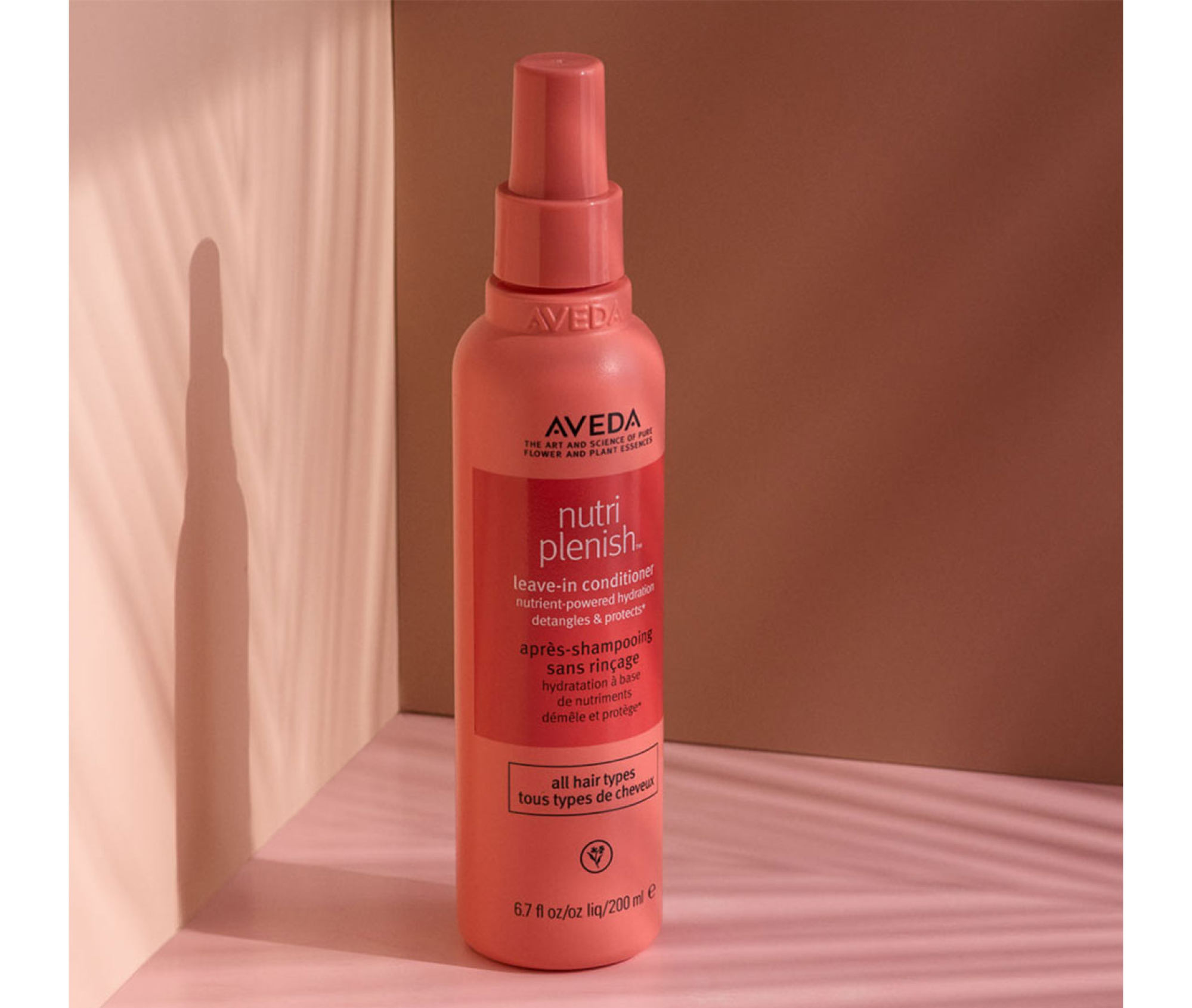
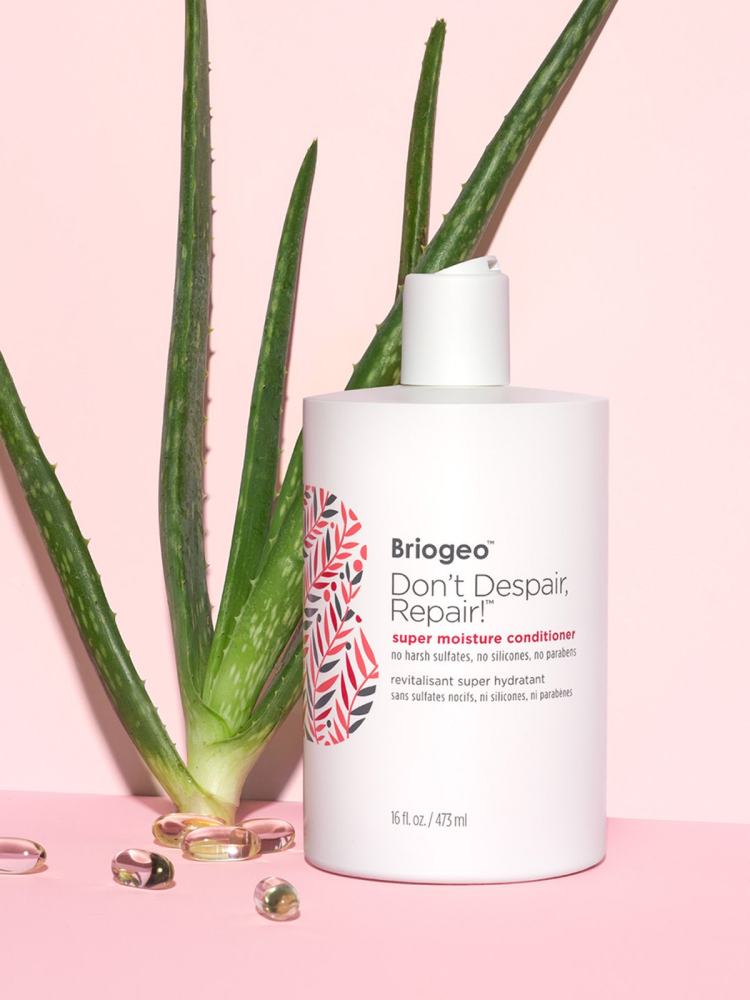
Which conditioner to choose for your hair type
First and foremost, before choosing one, take a look at how your hair ends look and feel to the touch. Is there any damage or split ends? Is it dry, oily, or dull? Is there frizz or static? Once you get these answers you have what you need to choose the right formula.
What’s important is learning what the labels on conditioners truly mean; for example, a strengthening conditioner would fit someone dealing with damaged, coloured, or fragile strands as well as hair that’s been overexposed to heat or invasive treatments, while a volumising conditioner would be best for those with fine, floppy hair in search of a formula that won’t weigh down their hair and will help lift it up.
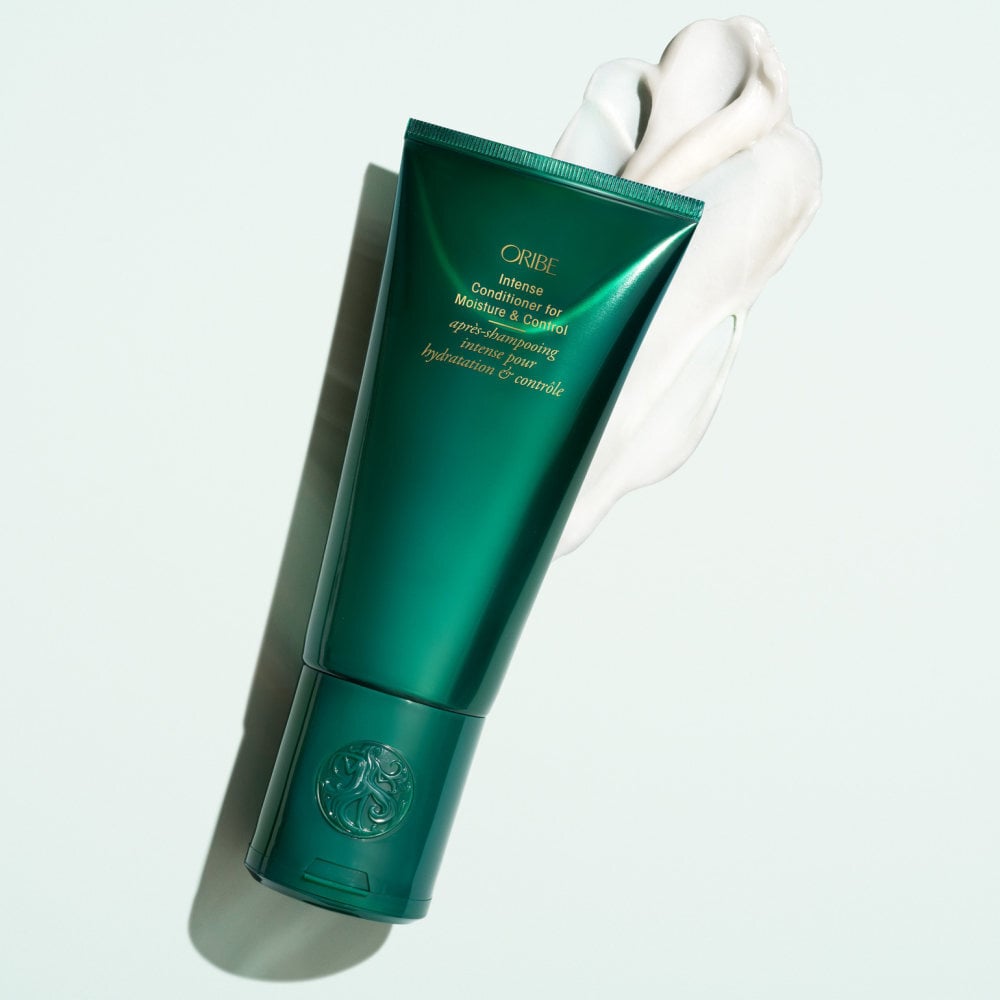
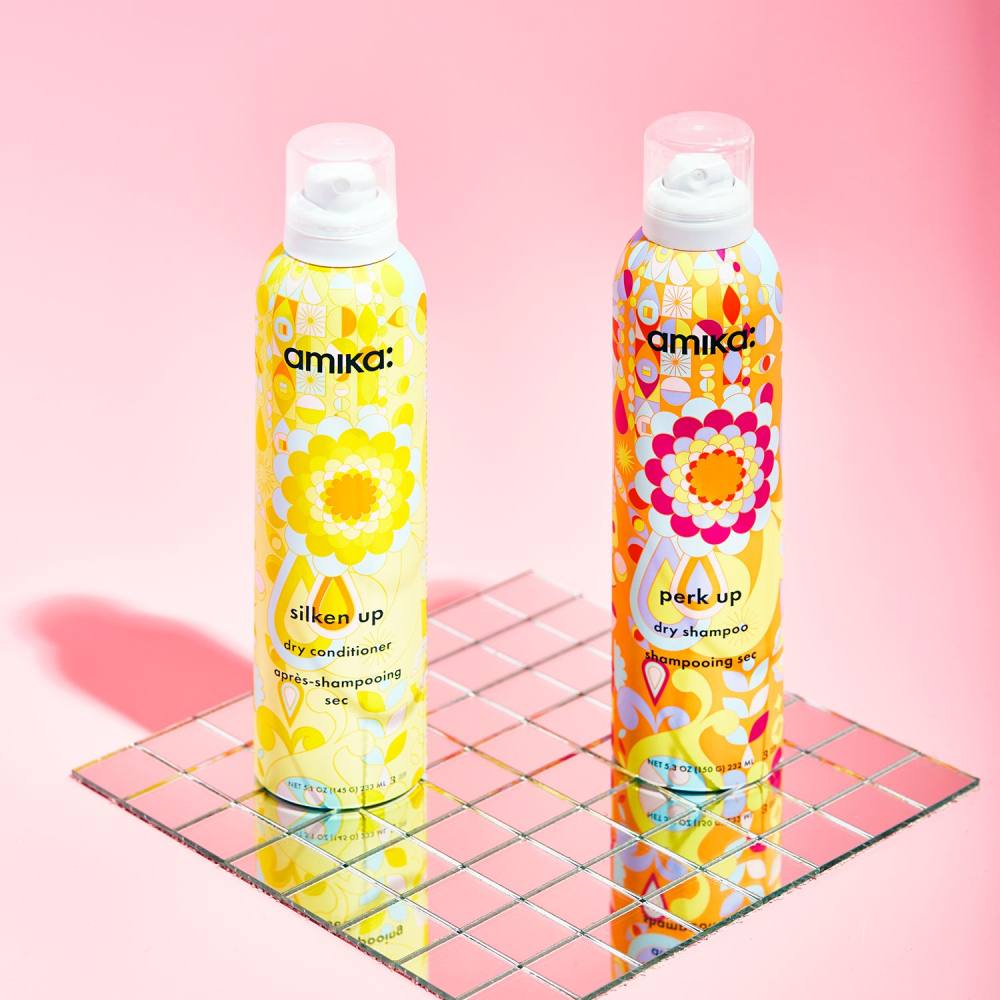
If your hair is not unhealthy but with room to improve, and neither dry or oily, a balancing conditioner is always a good choice, as it will moisturise your hair just enough without overdoing or underdoing it. On the other hand, a hydrating or moisturising formula would be best to add shine, nourishment, and softness to curly, thick, or textured hair.
Possible negative effects
There aren’t plenty, but you can definitely overdo conditioner, which could end up creating a series of other problems. “If you’ve got hair that gets greasy easily, consider avoiding products containing silicone and condition your hair no more than every other day,” says Aveda’s Ma.
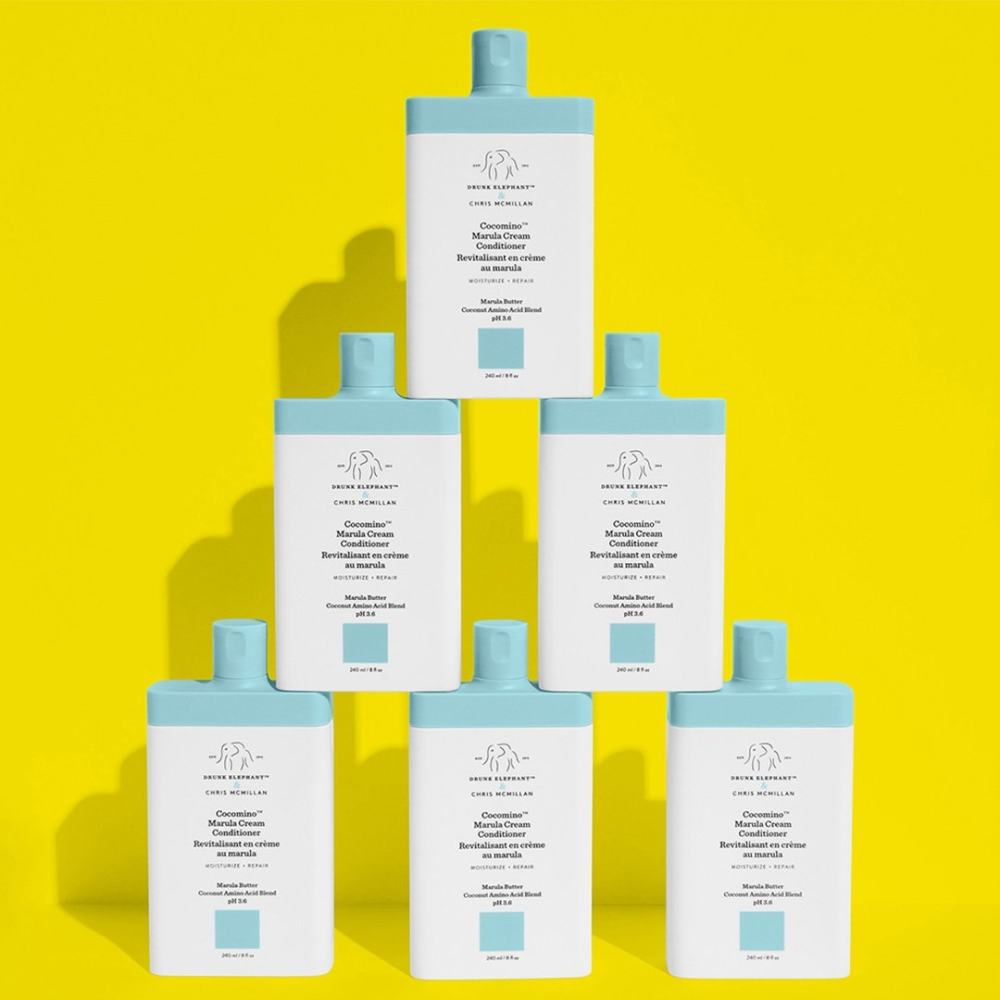
Additionally, if you struggle with acne-prone or reactive skin, you need to meticulously rinse any trace of conditioner from your hair, scalp, body, and face, as not doing so could end up promoting breakouts, irritation, and clogged pores.

